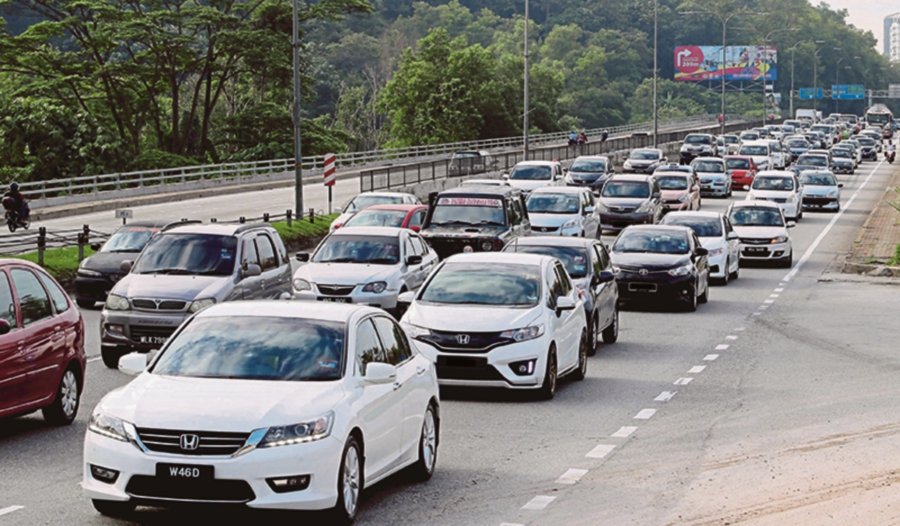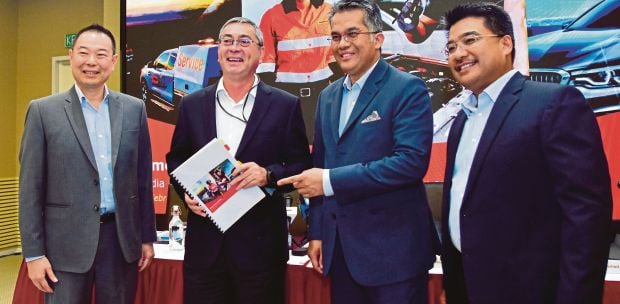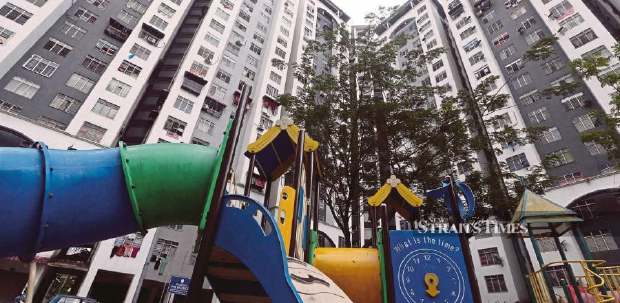KUALA LUMPUR: Consumers will most likely pay at least several thousand ringgit more for a new vehicle after the government decides not to extend the Sales and Services Tax (SST) exemption for the automotive sector beyond June 30 this year.
Industry players warned that the decision would cause prices of new vehicles, either assembled here or fully imported, increasing by about five to 10 per cent amid rising costs and supply chain disruptions.
This would subsequently slow industry sales in the second half of 2022, with the car ownership cost expected to be much more expensive if the domestic lending rate was further increased by Bank Negara Malaysia in the coming months.
The Finance Ministry, in a statement today, decided to maintain the cut off date for SST exemption for new vehicles on June 30.
The ministry, however, extended the registration period for vehicles bought during the SST exemption until March 31 next year to enable car owners to enjoy the tax incentives.
The SST exemption was first announced in June 2020 and had been extended twice to June 30, 2021 and December 31, 2021.
Finance Minister Tengku Datuk Seri Zafrul Abdul Aziz said a total of 868,422 vehicles had been sold throughout the period which amounted to tax exemption of RM4.7 billion.
"With the opening of the economic sector, the automotive sector has returned to its usual operations.
"However there are still a number of requests that could not be met due to the global supply chain disruptions.
"Following this problem, a total of 264,000 units of vehicles booked during this exemption period have yet to complete installation and cannot be supplied to buyers," he said.
"The extension of the registration period is a midpoint solution to balance the interest of consumers and the country's tax revenue that needs to be increased post-pandemic. This is to ensure the wellbeing of the people as well as the country's economy continued to be preserved," Tengku Zafrul added.
The Malaysian Automotive Association (MAA) president Datuk Aishah Ahmad estimated that the locally-assembled vehicles would cost 10 per cent more while fully imported ones to increase by about five per cent.
"It's good that at least they have announced it early enought so it would encourage those who want to purchase cars to do it by the end of June," Aishah told the New Straits Times.
"We definitely appreciate even though it's for outstanding orders received. Better than not receiving anything at all. The extension for registration until March next year especially for those who have placed the orders will pacify them."
Meanwhile, the MAA announced that the sales of new vehicles had risen year-on-year in May to 49,603 units.
Year-to-date sales volume was 7.4 per cent higher to 265,656 units than the corresponding period in 2021.
However, the total sales for May was 12 per cent lower than April 2022, which stood at 56,213 units.
This was due to short working month due to Hari Raya festive holidays and shortage of chips, while components and logistics delay disruptions continued to affect some makes, it said.
The MAA expects the outlook for June to be better than May.





